Beverage company High Noon this week announced a recall after it accidentally mislabeled some of its vodka seltzers as Celsius energy drinks.
That bit of news made the rounds on Capitol Hill—possibly as a public service announcement. This place runs on Celsius. It’s very common to see reporters, staffers, and lawmakers themselves with a can as they walk around the halls of Congress.
The drink is in a ton of vending machines, and some are even dedicated specifically to Celsius. The Washington Examiner published a story last year detailing the beverage’s popularity in the legislative branch.
I’ve never tried Celsius since I usually stay away from caffeinated drinks. I’ve had caffeine only a few times on the Hill, most recently when Rep. Maria Elvira Salazar of Florida gave me Cuban coffee when I interviewed her in her office last week. (It was delicious, by the way, so thank you again, Congresswoman.)
But I’ll share two fun stories I’ve witnessed in my time up here that deal with the energy drink that has become such a staple. Last year, I rode in an elevator with Sen. Cynthia Lummis of Wyoming and another reporter. The reporter noticed the Celsius in the senator’s hand and asked her about it. “I’m a Celsius girl,” she replied.
Then a few months ago, as I was leaving around 5 or 6 p.m., I walked past Speaker of the House Mike Johnson, Celsius in hand. It’s been reported that he likes it, which is not surprising given his job. I wonder how much he drank when he had to pull multiple all-nighters as his chamber tried to pass the One Big Beautiful Bill Act.
As of yet, there’s no word on whether the mismarked vodka seltzers made it into the hands of lawmakers—but it sure would explain a lot.
—Charles
Top Stories From the Dispatch Politics Team
Six-and-a-half months into the 119th Congress, it’s clear that the Senate has been the chamber to determine how and when legislation moves through the legislative branch—as well as what it looks like. In two months, Congress faces another legislative deadline, and once again the Senate is likely to control the process. The stopgap spending measure lawmakers passed in March to keep the government open expires at the end of September. Republicans’ goal is to finally pass all 12 appropriations bills through regular order, something the legislative branch has not done since 1997.
Among the reputations Donald Trump has collected throughout his political career is that of a China hawk. On everything from trade to foreign investment to regional hegemony to military expansionism, Trump and his team have long presented themselves as tough on China. After immigration and trade, hawkishness toward China might be the most recognizably “Trumpian” policy. It’s curious, then, that some in the administration are looking to soften Trump’s approach to the Communist regime in Beijing.
Secretary of State Marco Rubio recently sent a directive to all of the State Department’s diplomatic and consular posts with a sweeping message: Stop talking about foreign elections. The July 17 cable instructed American diplomats to avoid commenting on whether foreign elections are free or fair, and if any comment is to be made, officials should simply congratulate the winner. The change appears to be the latest example of the administration’s reorientation of U.S. foreign policy around a narrowed set of interests, particularly economic deals and trade, and away from values-based American engagement abroad.
New York professionals staring down the possibility of Zohran Mamdani as the city’s next mayor are caught somewhere between hopeful and terrified as they contemplate life under an avowed socialist who wants to raise taxes, expand government and deprioritize policing. “Hopeful,” explained Bradley Tusk, an independent political operative and government affairs executive in New York, “because a lot of people do think that there’s a chance he won’t be a disaster, that he’ll hire well, that he will have different views than them but he will be pragmatic. … Terrified,” Tusk added, because they fear Mamdani’s agenda would damage New York’s economy, lead to a crime wave, and generally undermine the quality of life across the city’s five boroughs.
Imagine next year’s midterm elections have just been held, all the votes have been tallied, and the result is that neither the Republicans nor the Democrats have won enough seats in the House of Representatives to secure a majority. Imagine the chaos that would ensue if neither party could successfully elect its leader as speaker of the House. Imagine the power that even a handful of independent, unaffiliated new House members would have to upend Capitol Hill. The folks at the Independent Center, a relatively new political organization, are trying to make that fantasy a reality.
Enjoying our Dispatch Politics Roundup? Consider forwarding this article to someone you know who likes independent, fact-based journalism.
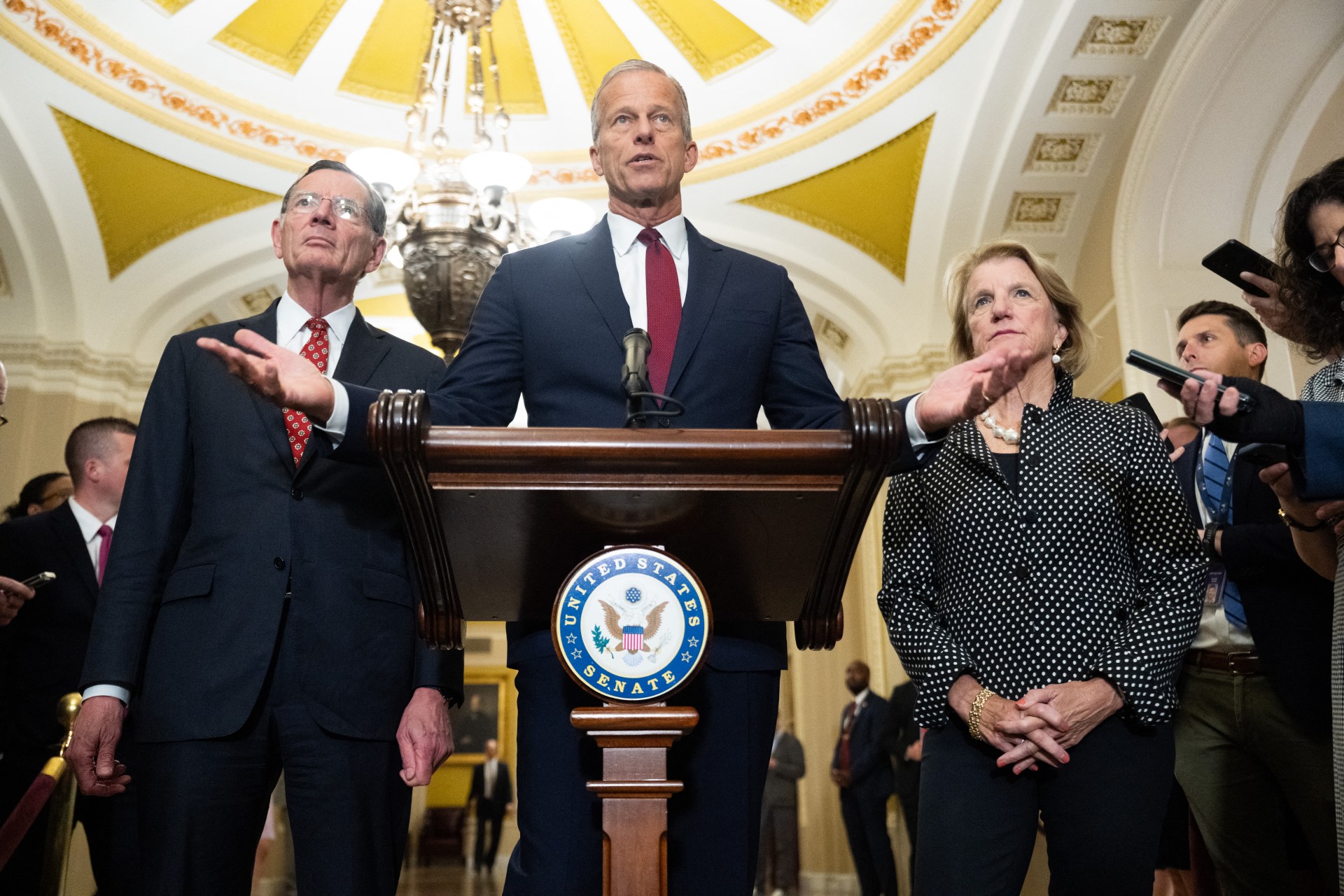
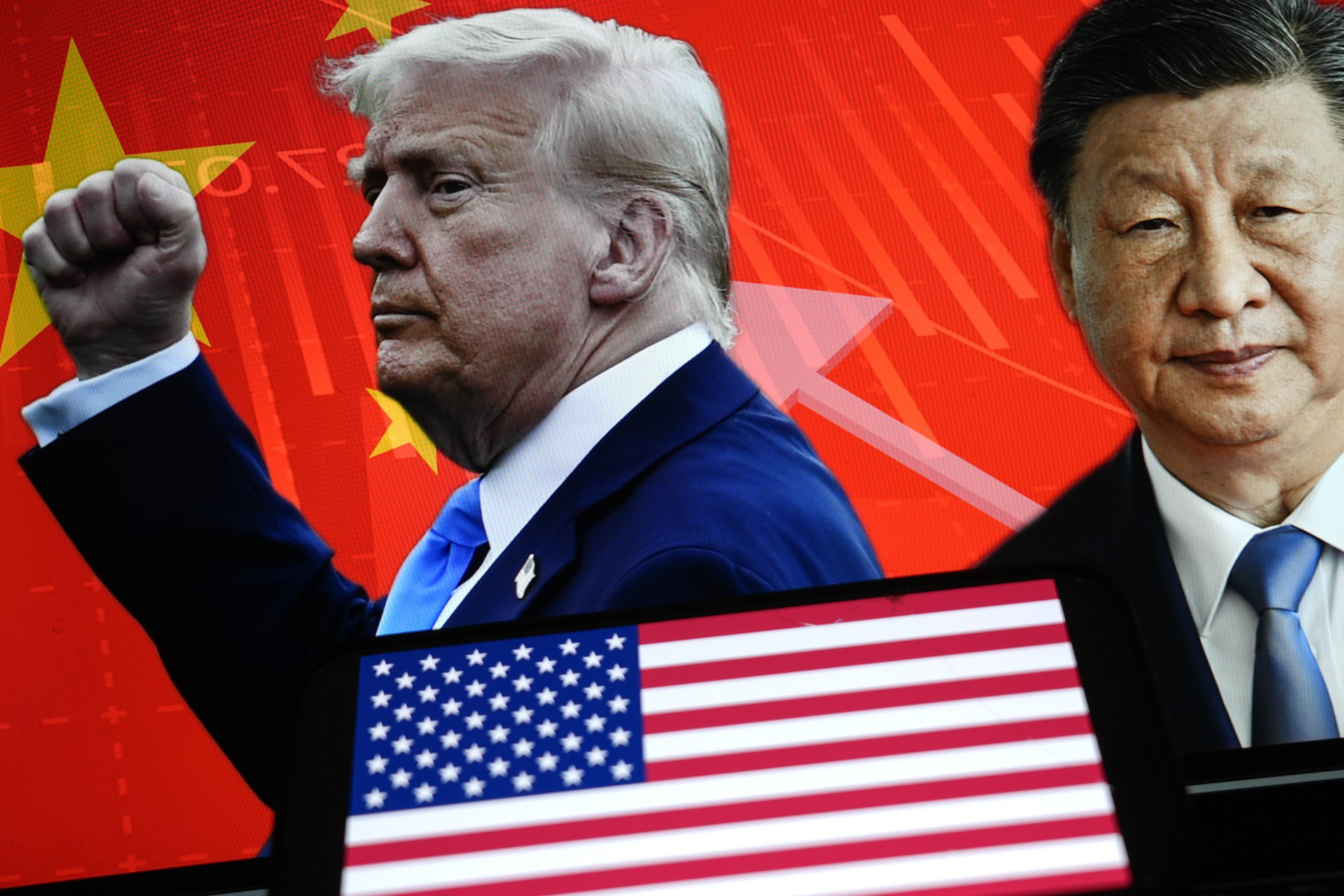
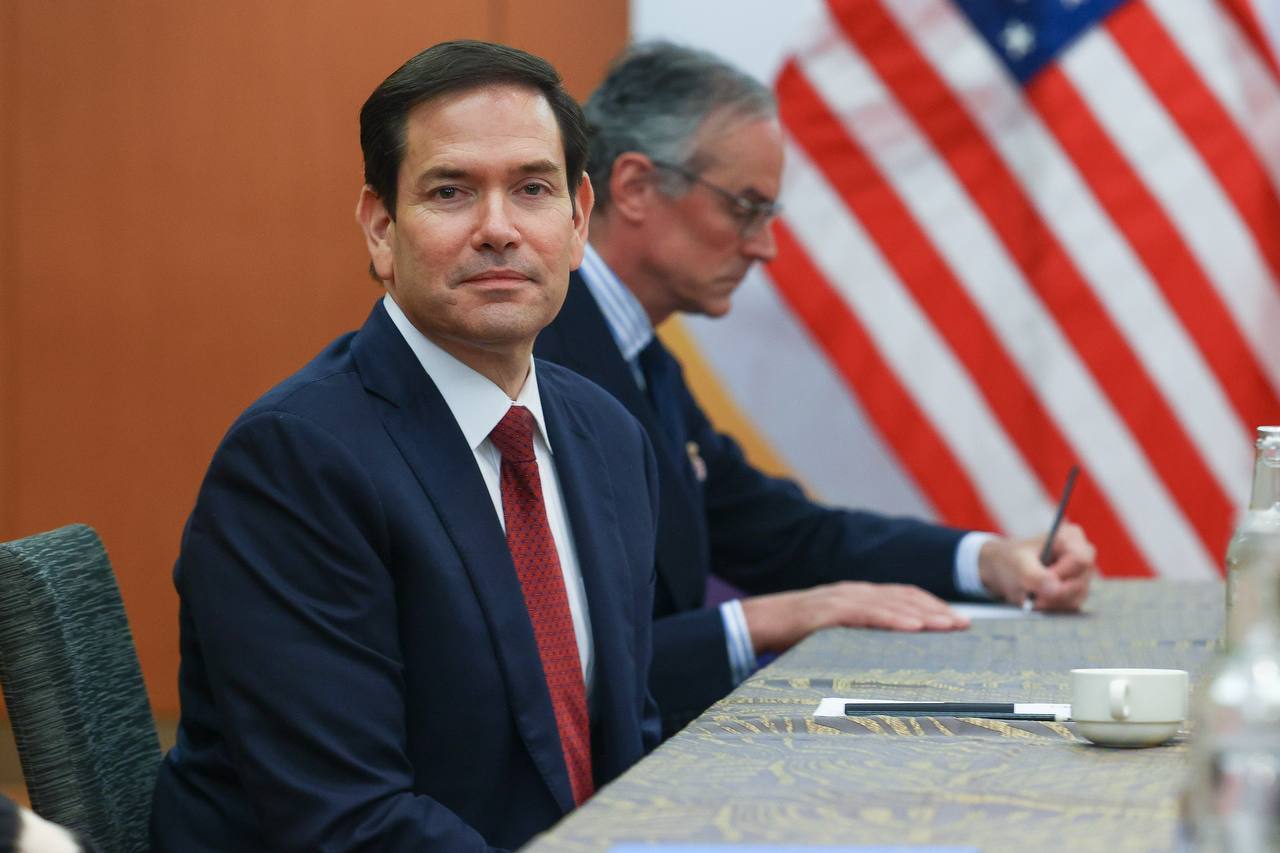
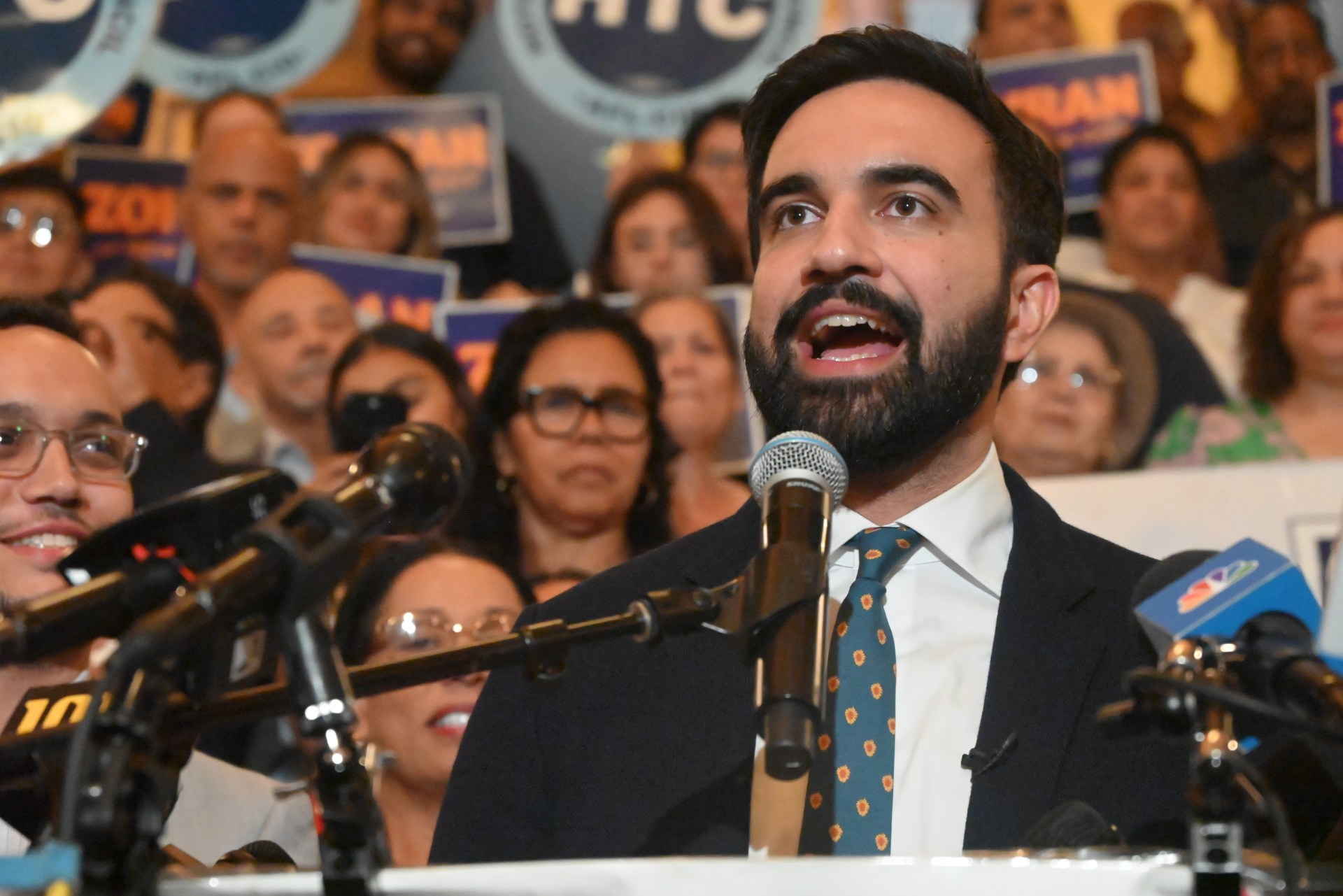
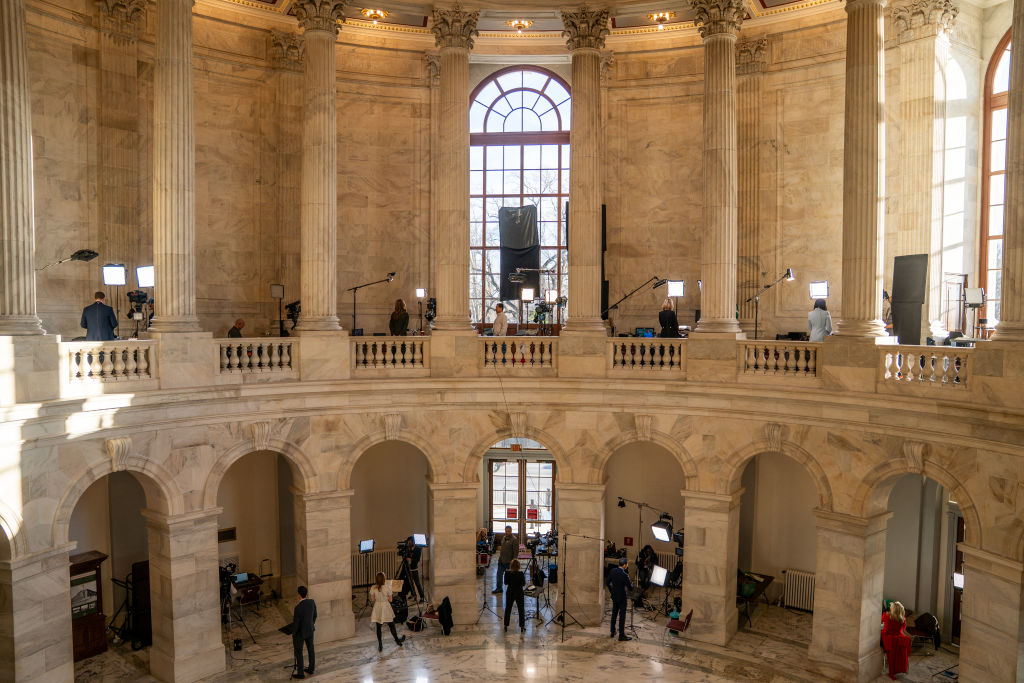






Please note that we at The Dispatch hold ourselves, our work, and our commenters to a higher standard than other places on the internet. We welcome comments that foster genuine debate or discussion—including comments critical of us or our work—but responses that include ad hominem attacks on fellow Dispatch members or are intended to stoke fear and anger may be moderated.
With your membership, you only have the ability to comment on The Morning Dispatch articles. Consider upgrading to join the conversation everywhere.